What’s Changed in Malta’s Citizenship Law: From Golden Passports to Exceptional Merit
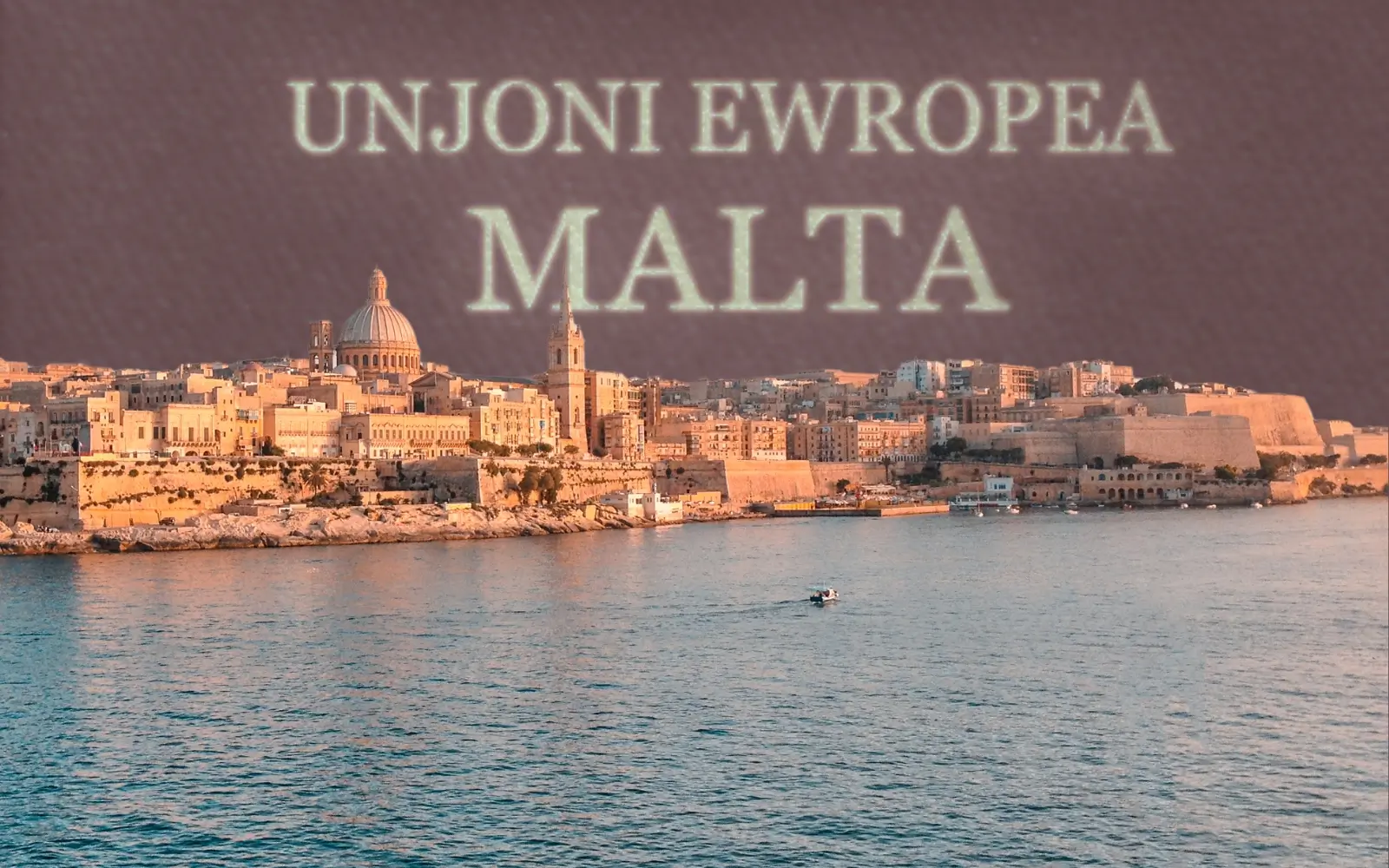
By Daiva Repečkaitė
Malta promises to eliminate its citizenship-by-investment program and expanding a discretionary citizenship scheme for individuals of ‘exceptional merit’, bringing to end a saga that started with a cautious agreement between Malta and the European Commission and culminated in a damning judgement by the Court of Justice of the European Union.
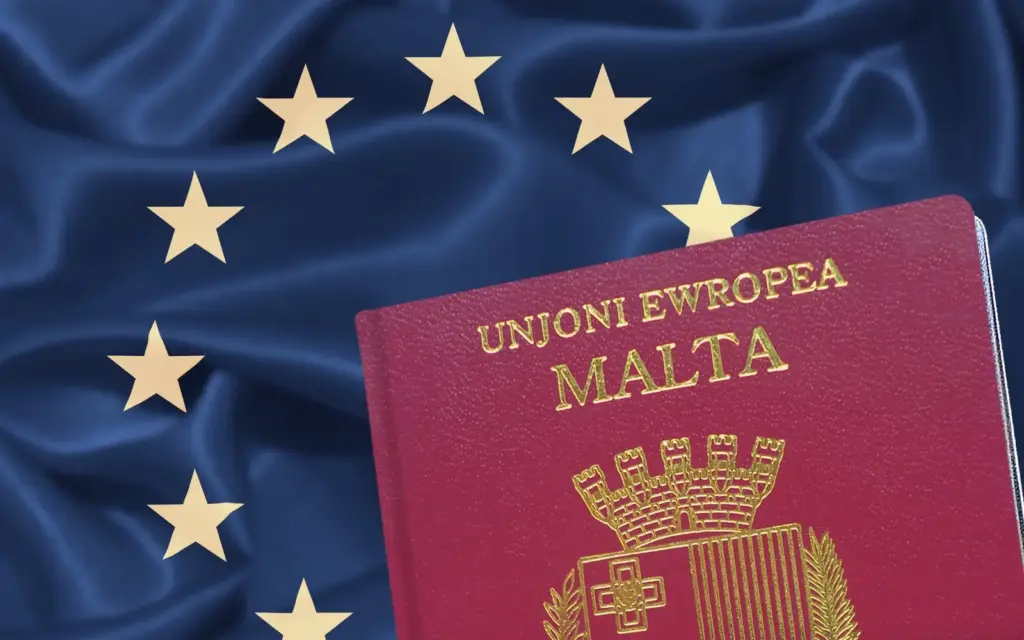
What was the case about?
The European Commission began challenging Malta’s citizenship-by-investment programme, also known as a golden passports scheme, in 2020.
Its argument focused on the claim that Malta sells citizenship of the entire European Union, without establishing whether the investor has, or will develop, links to Malta itself beyond the transactional requirements.
The Court upheld the transactionality argument. The judgement does not impact Malta’s current residency-by-investment scheme, where foreign nationals can buy residency rights but not a passport.
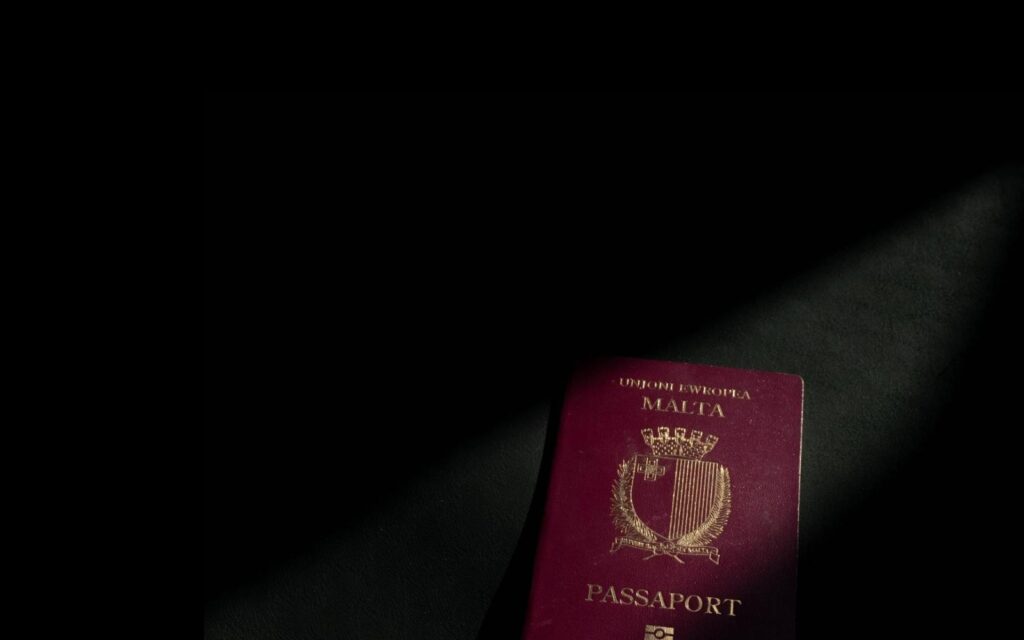
What exactly has changed?
“The amendments strengthen the existing laws related to merit-based citizenship. They are also consistent with Malta Vision 2050, with an emphasis on the need for added value and job creation,” the Home Affairs ministry said in a statement announcing the change.
An accompanying document specified that the amendments will be “removing all references to the Grant of Citizenship for Exceptional Services program, the transaction and even the agents of the programme.”
Licensed agents will still be able to facilitate the purchase of a Maltese golden visa.
Research by the Daphne Caruana Galizia Foundation has shown that the golden visa intermediary ‘market’ is extremely concentrated, and there are cases of revolving door, where high-ranking officials became visa agents.
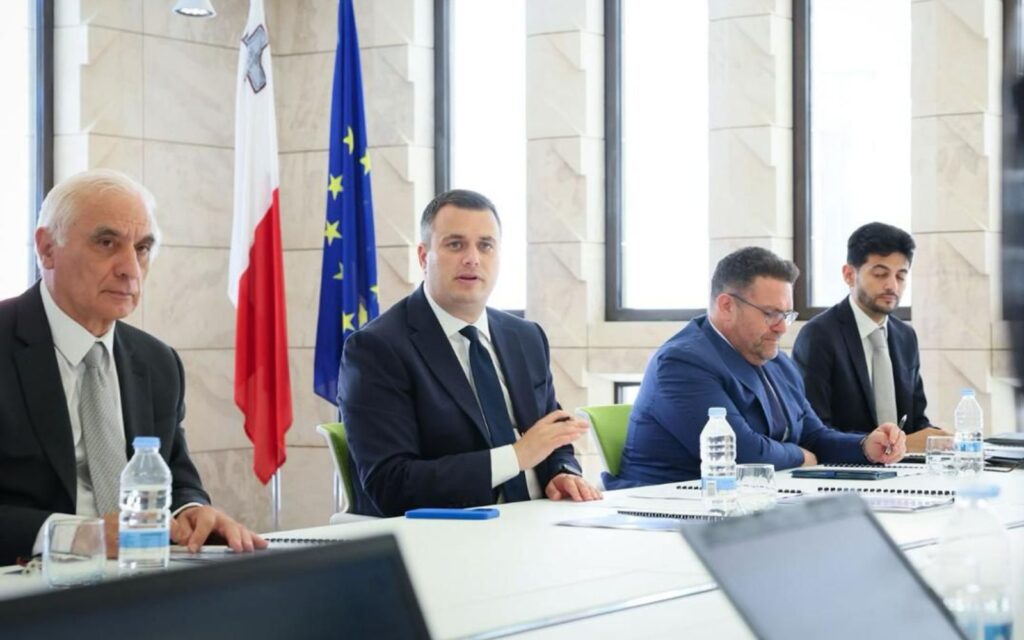
The citizenship amendments provide considerable flexibility, but there remains a lack of clarity regarding the exact criteria and how the new framework will operate.
The new amendments would return Malta to its pre-2013 citizenship regime. Under a 2007 legal amendment, investors could become citizens at a minister’s discretion, without a structured programme, for so-called exceptional services. The 2013 amendment set a price and other structured conditions.
The proposed amendments define exceptional services and exceptional merit as “services rendered and contributions made by scientists, researchers, athletes, sports persons, artists, cultural performers, entrepreneurs, philanthropists and technologists, amongst other persons of interest”.
There are no references to obligatory investment in real estate in the published document. It appears that job creation will be a key indicator. There is also no mention of extending citizenship to family members.

Malta already runs a merit-based citizenship scheme. The government’s FAQ emphasised that existing structures will be used for the upgraded scheme.
Applicants will submit their requests to the Komunità agency, which will then initiate a due diligence process and forward the outcome to the existing evaluation board.
The board, after conducting interviews and deliberations, will issue a recommendation to the Home Affairs Minister, who will make the final decision.

People who have already acquired citizenship through the previous programme will remain citizens.
Under the citizenship-by-investment scheme, citizenship buyers have proven very difficult to deprive of their purchased passports.
Amphora Media’s investigation in February showed that Pavel Melnikov was the only known citizenship buyer to have lost his Maltese passport at the time. He was found guilty of aggravated tax fraud and aggravated accounting fraud.

Who benefitted from the citizenship by investment scheme?
The scheme was benefiting local intermediaries, such as agents and real estate owners. According to government figures, citizenship sales generated €339 million from property purchases and €158 million from property rentals.
Applicants were eligible for the scheme if they rented a property for €16,000 annually for five years. This is less than the average rent for a two-bedroom apartment in St Julian’s or Sliema.
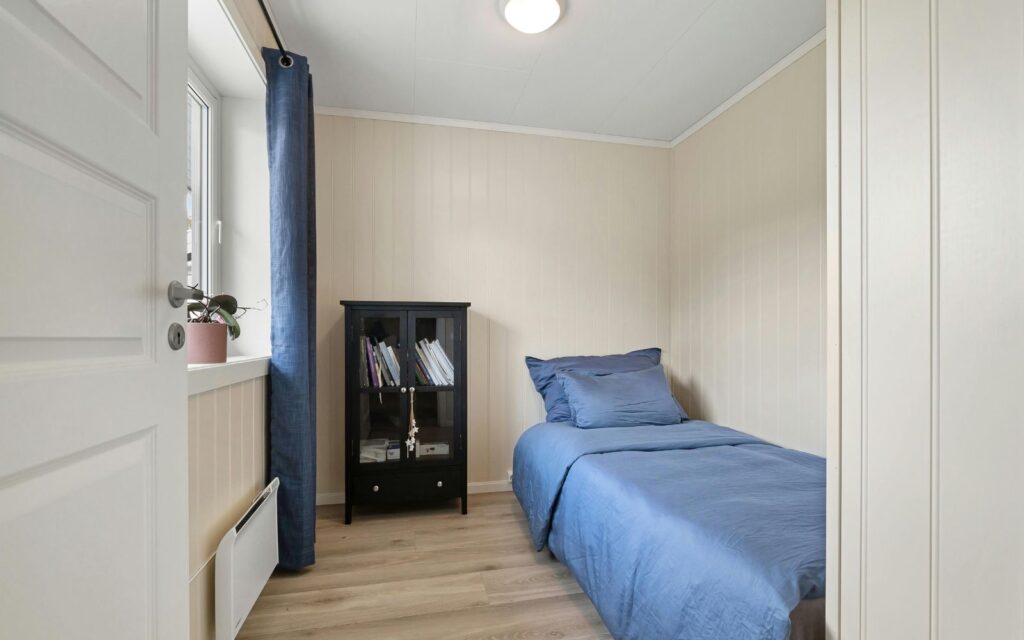
When the Court of Justice announced its judgement in April, Prime Minister Robert Abela defended the scheme, claiming it had generated “almost a billion and a half euros that we have invested in people”, helping them “in their hour of need” during moments like the pandemic.
Amphora Media’s fact-check has shown that as of July 2024, less than 10% of the reported €1.4 billion generated from the scheme went into social projects, and that just €41,847,629, or one-third of the amount promised, had been paid out. It remains to be seen what will happen with the rest of the fund.



